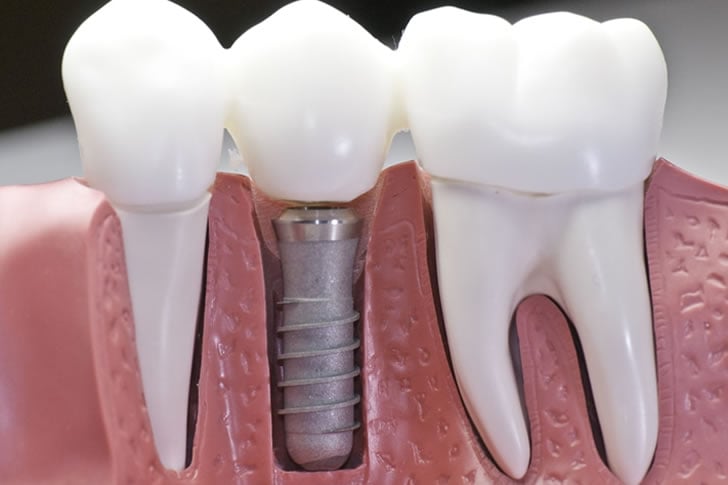Navigating dental implants and Medicare can be daunting for seniors. Here are some essential tips to help you understand your options.

Medicare is a federal health insurance program primarily for people aged 65 and older. Understanding its various parts and what they cover can help seniors make informed healthcare decisions.
Medicare Supplement Insurance (Medigap) policies, sold by private companies, can help cover some of the health care costs that Original Medicare does not cover, such as copayments, coinsurance, and deductibles. However, Medigap policies generally do not cover dental implants.
Dental implants are artificial tooth roots that provide a good base for fixed, replacement teeth. They are a good solution for seniors with missing or damaged teeth, offering comfort and functionality akin to natural teeth.
Original Medicare parts generally do not cover dental services, including implants. However, some Medicare Advantage plans may offer limited dental benefits.
Since Original Medicare typically does not cover dental implants, seniors might need to pay out of pocket. Costs can vary based on location, provider, and specific medical needs.
Dental implants are a valuable solution for seniors seeking improved dental functionality and aesthetics. While Medicare may not cover implants directly, understanding your options, consulting with specialists, and considering various financing methods can help make this investment in your dental health more manageable.
Explore the Tranquil Bliss of Idyllic Rural Retreats

Ultimate Countdown: The 20 Very Legendary Gaming Consoles Ever!

Understanding Halpin and its Influence

Affordable Full Mouth Dental Implants Near You

Discovering Springdale Estates

Illinois Dentatrust: Comprehensive Overview

Embark on Effortless Adventures: Unveiling the Top in Adventures Made Easy Outdoor Equipment

Unveiling Ossur Valves: Innovation in Prosthetics

Unlock the Full Potential of Your RAM 1500: Master the Art of Efficient Towing!
